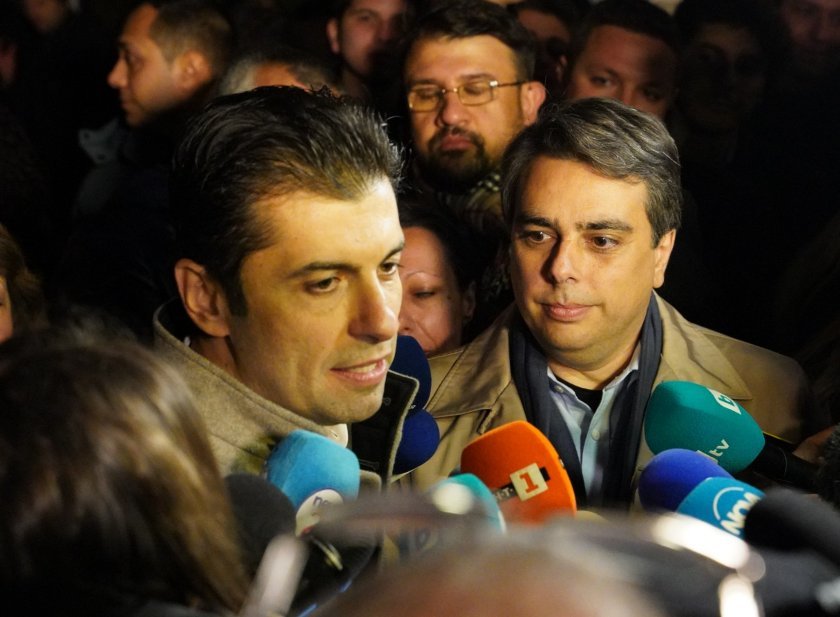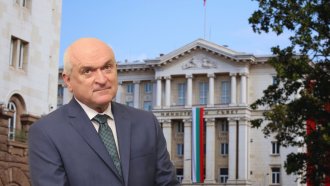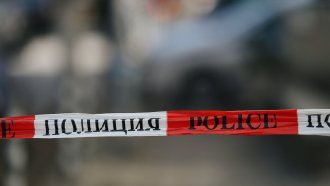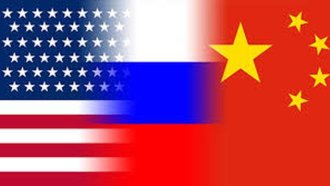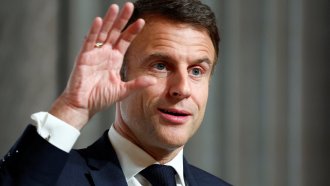The third parliamentary elections in only a year again shuffled the players on the political landscape. The results still did not manage to sever the link to the decade-long corruptive governance of GERB entirely.
The newly formed, only several months’ old, political party We Continue the Change, came out first. Its founders are Kiril Petkov and Asen Vassilev, former ministers from the first caretaker government, formed by President Roumen Radev earlier this year. WCC won 25,5% of the votes, overtaking former PM Boyko Borissov’s GERB by almost three points. All polls leading up to the elections projected GERB as winner of this election.
Since Borissov lost power in April of this year, he has been beaten by every newly emerged political party, whose central message has been change and the dismantle of the deteriorating way the country has been governed in recent years. In the snap elections this July, the party which attracted those voters was the party There is Such a People, led by the show host Slavi Trifonov. TISP, however, disappointed its voters with its unparalleled political incompetence, suspicions about secret deals with the parties of the status-quo, and especially with its refusal to assume the responsibility to form a government. As a result, Bulgaria was thrusted toward its third parliamentary elections in the span of less than a year.
The rapid growth of We Continue the Change obliterated the former winners There Is Such a People, who came in fifth. This is good news because unlike There Is Such a People, the new pro-change party is in fact fighting for real change.
The bad news, however, is that Petkov and Vassilev’s party shattered two other reformist parties, on which it relied to partner with to form the next government. Maya Manolova’s left-centrist block Rise Up BG of failed to even get into Parliament, while the anti-corruption coalition Democratic Bulgaria, although managed to pass the four-per-cent threshold with about 6% of the vote – lost almost half its electorate in the months since the last election.
For the first time the pro-Russian far-right nationalist party Revival will be part of the next Parliament, coming in last, seventh, place with almost 5% of the votes. Revival’s leader is Kostadin Kostaninov, known by his alias Kopeykin (derived from the word for the Russian penny – kopiyka). This party slowly gained support over the past years but the key factor for their success on these elections according to analysts was the rise of the fourth Covid-19 wave 19. This forced the caretaker government to impose green pass restrictions amid widespread public skepticism toward Covid-19-related measures and vaccines. Revival rode this public sentiment, and attracted antivaxxer votes as well, openly denying vaccines and expressing conspiracy theory notions.
Another important piece of news in this election comes from the ethnic Turks’ party, the Movement for Rights and Freedoms (DPS), which is considered a key corruption factor in Bulgarian politics. DPS increased its support significantly and came in third with more than 13% of the votes, after WCC and GERB. DPS’s success is mostly thanks to the 90’000 votes cast by Bulgarian Turks in Turkey. DPS has gained 50’000 new votes abroad just over the summer. The high turnout is a result not only of the work of expat organizations and party campaigning, but also of the help of the Turkish authorities and Turkish political parties, a Bulgarian National Television correspondent reported. Municipal mayors in Turkey campaigned constantly for people to take part in the elections, organized transport for the voters, political functionaries visited them on site, while at the same time the news that one of the candidates for Bulgarian president is of Turkish origin was widely reported on national media.
The notorious DPS former MP Delyan Peevski, who had discontinued his political career, ran again for MP. Peevski was sanctioned earlier this year under the Magnitsky Act for his "involvement in significant corruption" .
Peevski who did not run for MP in the previous two elections in April and July, this time carried out a very outgoing public campaign involving also meetings with mayors, which legitimized him as an influential political player. Until now, the Bulgarian Prosecutor’s Office has still not indited Peevski and it is unclear whether any steps at all are taken by the Bulgarian intelligence services and regulators, after the US imposed sanctions.
Now, the main question is if this time around Parliament will succeed in voting in a government. Kiril Petkov, who will be his party’s nominee for PM, expressed an optimistic view on election night that this time, there will be a government. Petkov promised to hold talks will all parties except for GERB and DPS.
Calculations suggest that if there is a WCC cabinet, it will be comprised of a four-way coalition between Democratic Bulgaria, the Bulgarian Socialist Party – which shrunk down to fourth place – and The Is Such a People. The compromises toward BSP and TISP, which are needed for a government to be formed, will inhibit the possibility for a deep and significant change, which the voters expect to see.
Another possibility is for the parties of the status-quo, GERB, DPS and BSP, to form a government. The participants in it would call such a government one for "national salvation" to soften the inevitable public disapproval, which would follow the return of the corruptive model.
The expectations, though, are that this time one way or another, Bulgaria will have a regular government, after the country was governed by a caretaker government for more than half a year, without a Parliament and the ability to pass legislation. Theoretically, the primary function of a caretaker cabinet is to secure an orderly election process, but this one operated under an unprecedented circumstance and more than a few crises – worsening coronavirus epidemic, a rapid increase of power prices, rise of basic goods and communal services’ costs.
On November 14 Bulgarians voted not just for Parliament but also for president. Current President Roumen Radev, who wan as an independent and supported by WCC, BSP and a several other parties, won the first round of elections by a landslide. Radev won just shy of 50% of the votes, and will run against the GERB-supported independent Atanass Gerdzhikov next Sunday on the second round of elections. Gerdzhikov is the rector of Sofia University St. Kliment Ohridski. He won 23% of the vote.
Analysts predict Radev will win, although Gerdzhikov is expected to accumulate more votes from the DPS voters, whose candidate achieved a 12% result.
Ключови думи
За честна и независима журналистика
Ще се радваме, ако ни подкрепите, за да може и занапред да разчитате на независима, професионална и честна информационно - аналитична медия.
 0 коментара
0 коментара
Екипът на Mediapool Ви уведомява, че администраторите на форума ще премахват всички мнения, съдържащи нецензурни квалификации, обиди на расова, етническа или верска основа.
Редакцията не носи отговорност за мненията, качени в Mediapool.bg от потребителите.
Коментирането под статии изисква потребителят да спазва правилата за участие във форумите на Mediapool.bg
Прочетете нашите правила за участие във форумите.
За да коментирате, трябва да влезете в профила си. Ако нямате профил, можете да се регистрирате.
